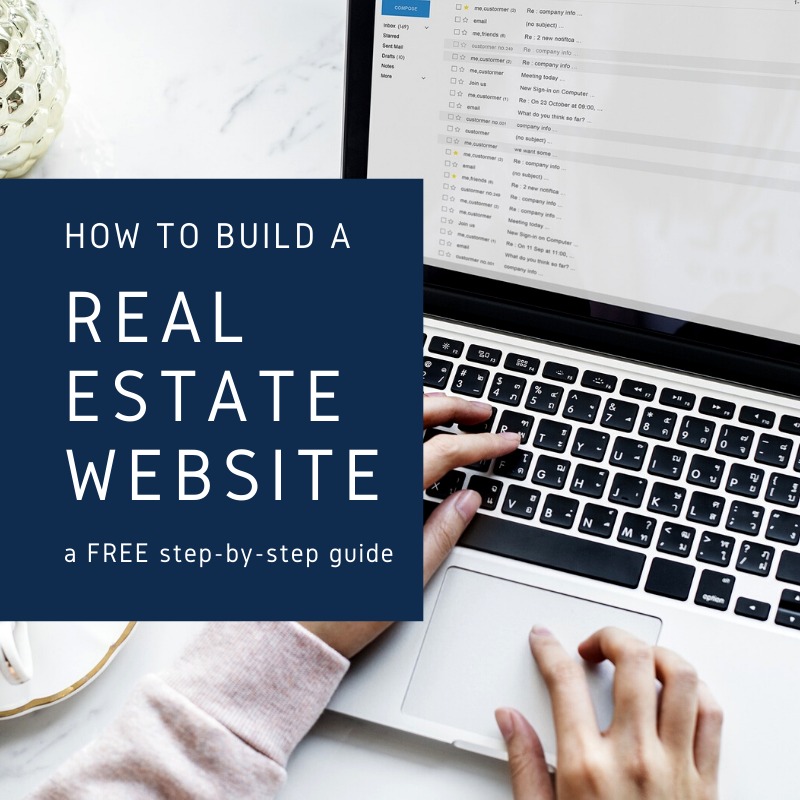Have you considered joining a virtual real estate brokerage?
Many agents are making the switch from traditional brokerages to virtual brokerages. And many new agents are entering the market under a virtual brokerage.
eXp Realty, for example, is currently the fastest-growing brokerage in the world. It grew its agent base by over 50% from April 2021 to April 2022.
But what is attracting agents to virtual brokerages? And is a virtual real estate brokerage a good fit for you?
What is a Virtual Real Estate Brokerage?
A virtual real estate brokerage is a real estate firm that sponsors real estate agents without providing any physical office space. Your interactions with your broker and your colleagues will be done digitally, via email, phone, video conferencing, and messaging apps.
In many ways, virtual brokerages are similar to traditional brokerages. Your broker will provide some level of:
- Training,
- Oversight,
- Marketing, and
- Services (perhaps a webpage, a lead-tracking platform, or phone-answering service).
The big differences between a virtual brokerage and a traditional brokerage are
- where you work and
- how you interact with your broker and colleagues.
In this article, we’re going to explain how these differences impact your day-to-day experience as a real estate agent while helping you answer five key questions that will tell you if a virtual real estate brokerage is the best fit for you.

5 Questions to Help You Decide if a Virtual Real Estate Brokerage is Right for You
The more questions you answer yes to, the better a virtual brokerage will suit you.
1. Do I Work Well Independently?
Working well independently requires a few skills. You need to be a self-starter, not relying on bosses or colleagues to keep you motivated. You also need to be an exceptional problem-solver since there aren’t others around to help you (of course you can call someone for help, but it is easier when you have someone physically present to see the issue in person).
It also takes a certain personality type to thrive in a virtual brokerage. Some agents are perfectly happy working alone from a home office. After all, you’ll still get human interaction when you meet with buyers and sellers. Other agents need the camaraderie of having co-workers they can interact with regularly.
Consider a Shared Workspace
If you prefer to work around an office full of people, you can still join a virtual brokerage, and simply supply your own office. Shared workspaces have become exceedingly popular as remote workers find that they enjoy being surrounded by people after all.
There are many companies that provide shared offices (WeWork is one example). Affordability and services vary by provider. You might find a private office with common areas. Or you might work from a bullpen environment. Your provider will cover utilities, and might even offer office supplies and equipment for members. Many providers even offer a complimentary coffee bar.
The main advantage of joining a shared workspace is the opportunity to network with other professionals. This can be an excellent source of leads and referrals for your business!
2. Am I Reasonably Tech Savvy?
You don’t need to be a tech genius to work with a virtual real estate brokerage. But since so much of your training and communication will be done online, having a general understanding of how to navigate tech solutions will make your life easier.
If technology makes you uncomfortable or doesn’t seem to come naturally to you, you might get frustrated with a virtual brokerage. Tech is a natural evolution in the real estate industry, but it’s easier to learn and understand when you have colleagues on-site who can help you.
3. Is the Extra Income Worth the Extra Expenses?
Generally speaking, virtual brokerages offer better fee splits than traditional brokerages. This means you get to keep more of your income.
Virtual brokerages have lower overhead than traditional brokerages because they don’t have to pay for a physical office and all the expenses that go with it: rent, utilities, office furniture, equipment, etc. Virtual brokerages also often skip the expense of having office assistants available to handle data entry and other administrative tasks.
If you work for a virtual brokerage, you will get a higher fee split, but you will need to find solutions to these services that are often covered by traditional brokerages. You might need to rent an office space or create a home office. And you might want to hire a real estate executive assistant or VA (virtual assistant) to handle your administrative tasks and free you up to focus on clients.
4. Do I Prefer Flexibility Over Structure?
In most cases, traditional brokerages will be more structured. You might be required to attend regular office meetings, in-person training sessions, group caravans to preview property, and even hold office hour shifts for potential walk-in clients.
Virtual brokerages are typically more flexible, allowing agents to log in for pre-recorded training sessions or brokerage-related policy changes at their leisure.
Some agents appreciate the structure of a traditional brokerage. They like having designated office hours, and feel that the routine enhances their performance. Other agents prefer to make their own schedules.
Note: it is possible to find flexible traditional brokerages or to find structured virtual brokerages. It just might take a little digging.
5. Do I Have a Place to Take Client Meetings?
If you choose a virtual brokerage, you lose easy access to office spaces and conference rooms for client meetings.
Of course many of your meetings will take place at properties. Listing presentations at the seller’s home, showings at the listed properties, open houses at your listings, etc. But there will be buyer consultations and buyer doc signings that require a meeting space.
You can offer to meet your clients at their residences or at a local coffee shop for these meetings. But, depending on your market, this arrangement can undermine your professionalism.
Check out the shared workspaces in your area. Even if you don’t choose to work from that location regularly, many of them offer conference room rentals by the hour. This is a great solution for once-in-a-while meetings. You might even consider shooting a few quick videos from your office rental for your social media channels while you’re there!
Should I Join a Virtual Real Estate Brokerage?
If you’re an independent problem-solver who prefers to keep a higher split of your commissions in exchange for covering your own office expenses, a virtual brokerage might be a good fit for you.
If you prefer to feel part of a team, thriving on in-person interactions with your colleagues, a traditional brokerage is likely the better fit.









